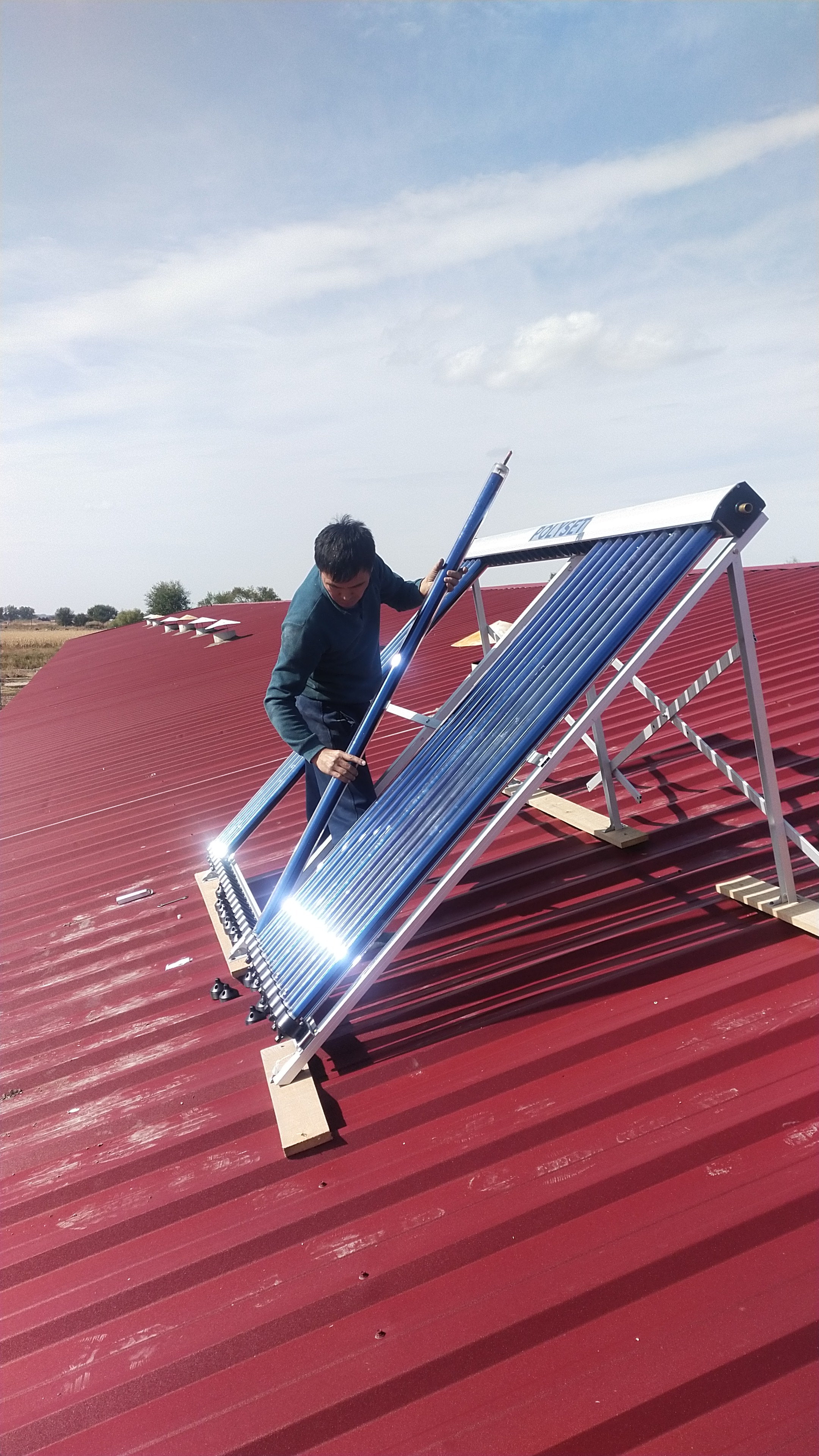- Heating engineer of an agricultural enterprise
- Heating technician
-Chief Engineer
- Electrician (workshop, site)
- Electrical Technician
-Electrical Engineer
-Energy Engineer
- Electrician-adjuster
- Electrical Measurement Engineer
- Field engineer
- Shift supervisor in power supply
- Repair engineer
- Service Master
- Site foreman (in power supply)
- Electromechanic
- Technician
- Senior electrician for maintenance of electrical equipment
- Electrician of the main control board
- Electrician for maintenance of electrical equipment of power plants
- Electrician for the repair of windings and insulation of electrical equipment
- Electrical fitter for the repair of electrical equipment for power plants
Electrician for the repair of electrical machines
- The field of science and technology, which includes a set of tools and methods created for the development and application of installations and systems for producing, converting, distributing and consuming heat and electricity, as well as various types of energy carriers that ensure the functioning of agricultural enterprises and the life of the population.
The sphere of professional activity is the field of science and technology, which includes a set of technologies, means, methods and methods of human activity aimed at creating conditions for the production, transmission, distribution and consumption of thermal and electrical energy.
The objects of professional activity of graduates are enterprises for the production, transmission, distribution and consumption of heat and electricity.
- formulating the goals of the project (program) for solving the assigned tasks, criteria and indicators of achieving goals, building the structure of their relationships, identifying the priorities for solving problems;
- development of options for solving the problem, analysis of options, forecasting the consequences, finding compromise solutions in conditions of multi-criteria, uncertainty, planning the implementation of a product project or technological process;
- use of information technologies in the design of energy and energy technology systems, as well as technological processes and technological operations;
- predicting the reliability of the operation of equipment, systems and their elements, taking into account the production technology.
1. Estimated:
- supervise the design of systems for the generation, transmission and distribution of electrical energy;
- to ensure the implementation of supervision over the control and measuring heat engineering devices, compliance with the specified parameters for the effective distribution and use of energy;
- develop, implement, control, evaluate and adjust the components of the technological process;
2. Constructive:
- have the skills to organize the correct operation and timely repair of systems and equipment;
- to ensure the smooth operation of all systems;
3. Information technology:
- to carry out research and innovation activities to develop new knowledge and procedures for integrating knowledge of various fields, correctly and logically formulate their thoughts in writing and orally, and apply theoretical knowledge in a specific area in practice.
- in modern trends in the development of power supply and its application in research, design, production, technological and organizational and management activities;
- in carrying out maintenance and control over the quality of functioning, improvement, modernization and improvement of technical and economic indicators of power plants and substations, electrical systems and networks, agricultural enterprises, non-traditional and renewable energy sources;
- in production and technological activities: in setting the parameters of the optimal operating mode of the equipment; in determining the schemes of electric power facilities; in ensuring compliance with all specified parameters of the technological process and the quality of the generated energy; in conducting a technical and economic analysis of power supply systems;
- in research activities: in the development of plans, programs and methods for testing power supply systems; in the use of information technologies for processing the results of experimental and theoretical research;
- in installation and commissioning activities: development of installation, commissioning and repair documentation for power supply systems;
in organizational and managerial activities: in the organization of the work of the team of performers; in choosing a solution that meets the various requirements of power supply systems.



